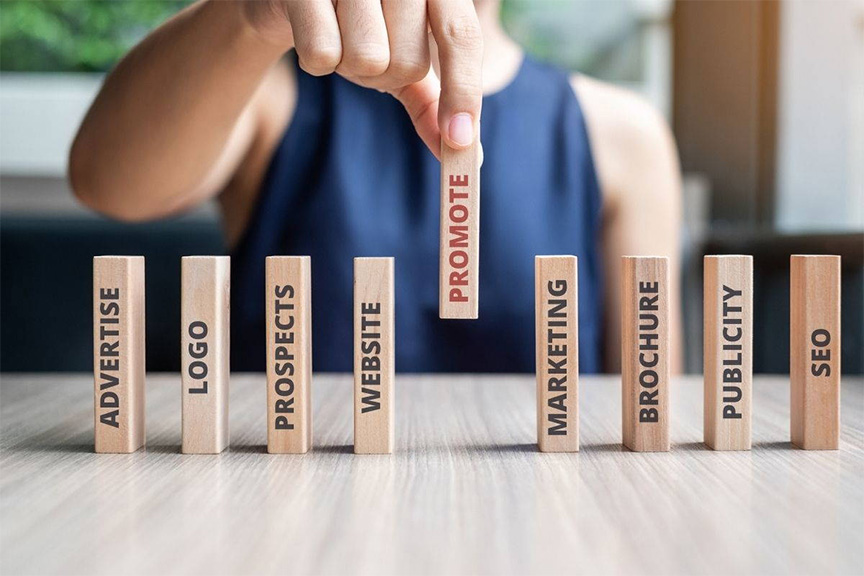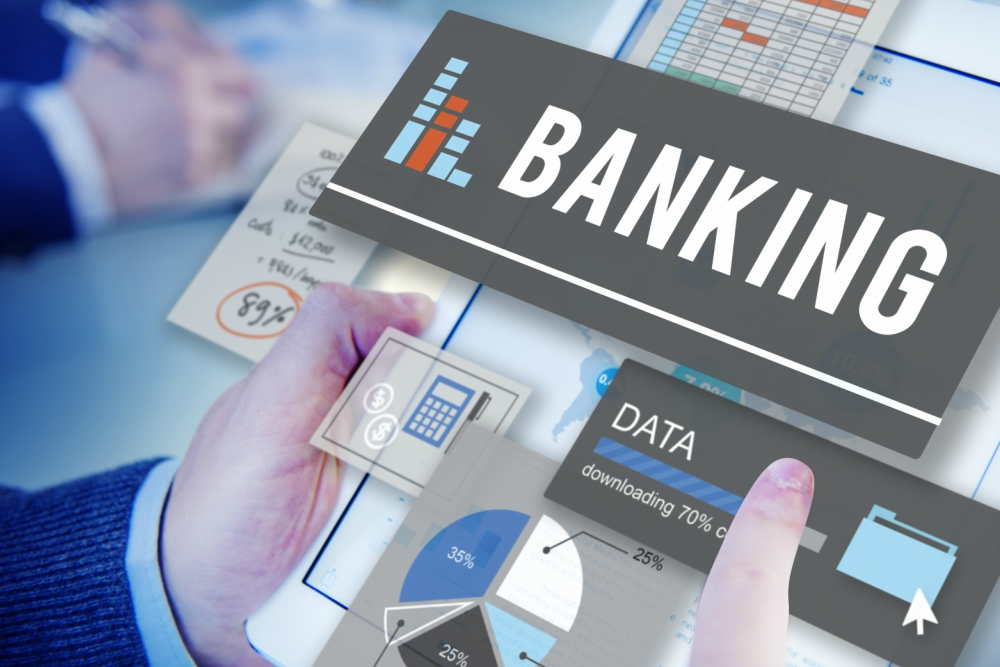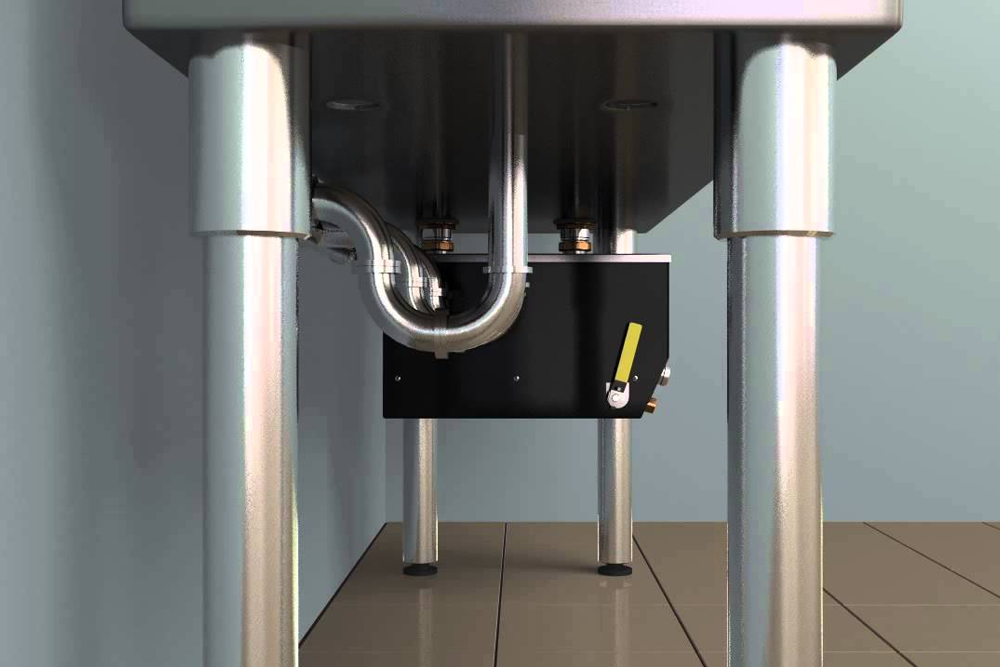Become A business equipment financing broker with this 5-step guide
Whether you are tired of working at a dead-end job, your business is facing challenges, or you just want to be your own boss, the opportunity to become a business equipment financing broker might be a perfect fit. This post offers you an in-depth look at how to become a business equipment financing broker, how to start a loan broker business, and how to be an equipment financing broker that is trusted and recognized in the industry.
What is a business equipment financing broker?
The benefits of becoming a business equipment financing broker?
Steps to become a business equipment finance broker
- Learn the fundamentals of providing a business loan
- Learn how to build relationships
- Market your company as a business funding source
- Learn and adapt continuously
- Add to business equipment leasing and financing broker toolbox
Setting up your equipment financing brokerage
What is a business equipment financing broker?
Whether they are looking to buy, upgrade, or repair their equipment, at some time or another, almost every business needs equipment financing. Sadly, many small business owners don’t know where to find the right equipment financing to meet their specific needs. They will mostly turn to banks and credit unions, which don’t always offer the right options or turn them down. As a business equipment financing broker, this is where you come in. You help to arrange the equipment loans and financing for these companies. The broker locates an equipment financing and leasing company to approve these businesses for their needed capital injection. For this service, the broker will typically get compensation in the form of a small percentage of the amount financed.
What is a business equipment financing broker? In short, a business equipment financing broker assesses borrowers and lessees in need of equipment funds to determine their readiness to apply within established financial companies and matches them with lessors and lenders that finance businesses in the borrower’s industry. The broker evaluates browers credit profiles to match them with a suitable borrower. By pre-screening loan applications, the business equipment financing broker supports the borrower by increasing the possibility the application will be approved and supports the lender by identifying borrowers within their business scope.
The benefits of becoming a business equipment financing broker
Compared to many other professions, becoming a business equipment financing broker offers significant earnings potential and respect. Successful business equipment financing brokers earn over six figures a year while being their own boss and creating a balanced personal and professional life.
Best of all, to become a business equipment financing broker doesn’t require overwhelming startup investment. It is not necessary for you to have a bachelor’s degree in finance or 20+ years of industry experience to start. You can be straight from high school and start your equipment financing broker job. All you have to make excessive use of the equipment financing broker business opportunity is a strong work ethic, passion for what you do, connections to lenders, the right loan broker training, and a strong mentoring network.
Steps to become a business equipment finance broker
To become a business equipment financing broker requires a balance of financial knowledge, soft skills, and business acumen—each of these need to be applied at the right time and in the right amount. Typically to become a successful equipment financing broker, this is what you need to do:
Step 1: Learn the fundamentals of providing a business loan
As we discussed, one of the most significant hindrances that small businesses come up against is a perceived lack of business financing options. Credit unions and banks are often a poor choice for commercial borrowers for various reasons. First, they can be very slow, which could be disastrous for many small to mid-sized companies. Second, they have limited types of loans, indicating that a business owner must meet a high hurdle to qualify. For instance, not all banks offer leasing agreements. Traditional banks have strict qualifications such as good business and personal credit score, healthy cash flow and annual revenues, various financial statements, and at least two years in business. This means it is hard for new businesses and startups to qualify for equipment financing from a bank. The worst part is when a business is eligible; funding might not be sufficient to move the business forward. Moreover, credit decisions take weeks, if not months.
You must learn all of the different equipment financing products and other commercial business loans such as invoice factoring, small ticket leasing, merchant cash advance, real estate loans, business line of credit, and small business administration SBA loans such as bridge loans. If you want to become a commercial loan broker, you need to know all commercial loans intimately. This will help you to expand your funding capabilities and increase your direct originations.
Step 2: Learn how to build relationships
While knowledge is crucial in this industry, it is only one piece of the puzzle. As a business equipment leasing and financing broker, you need to be able to work with a variety of lenders and clients. This industry is all about relationship-building, so you have to master the art of making a deal and bringing people together.
You need to have skills in:
- Pitching – Sometimes, you will have to convince banks, lessors, referral partners, and other clients to use your skill set in their next deal.
- Scripting – Whereas it is nice to imagine yourself thinking on your feet, you will need to practice scripts until you master the negotiation art. Besides, you need to know what to say and what to avoid.
- Objections – Generally, there will always be objections when making a deal. As such, as an equipment broker, you have to be prepared for those situations.
- Closing – Typically, the art of the deal comes in the close. Regardless of how knowledgeable you are, it doesn’t make a difference if no one finalizes the agreement. You need skills on how to close the deal effectively so you can build a better brokerage.
Communication and negotiation skills will help you build a strong foundation for yourself and your brokerage so that you can thrive in the real world. Best of all, you can practice the skills as much as necessary until it becomes second nature.
Step 3: Market your company as a business funding source
Just as you need to be a master in negotiation, you also have to know how to promote yourself and your brokerage and interpersonal skills. As long as nobody knows you exist, how will you get clients? To become a successful business equipment leasing broker, you need to be a good marketer and have the tools to make it happen. Some of the elements you need include:
- Branding – Generally, brokerage firms that stand out have compelling brand images. Moreover, branding will help establish you as a trustworthy and reliable business partner. When customers see your logo, they will know that you present as a coherent, professional firm.
- Web Design – Today, commercial finance brokers are using digital marketing to market their brokerages. As such, you need to build a well-designed, professional website that drives traffic and grows your company.
- Lead Generation – You do not want to be spending most of your time chasing down and working on leads. Instead, you want to build a funnel so that they come to you. Crafting a high-conversion funnel to grow your brokerage fast will help you to achieve it.
- Customer Relationship Management – Your lenders and clients will hopefully work with you again and again. So, you need tools to make sure that you nurture those relationships well. CRM software will make that happen.
Step 4: Learn and adapt continuously
While you will master the skills and details of a business equipment financing broker faster, you’re not going to become a world-class business equipment financing broker immediately. It takes time to get insight and experience into this business. That’s why it is important to get mentoring and coaching services. It could be you need a lot of coaching to help build your brokerage, or you need some advice from time to time. A brokerage coach will be dedicated to helping you build the life and career you want as an independent broker. You can also enroll in broker training programs.
Step 5: Add to business equipment leasing and financing broker toolbox
There is no logical reason to reinvent the wheel if you do not have to. Fortunately, tons of tools have been created over the years that can be used by new business loan brokers just like you. You can search for these tools online or visit a broker resource center. There are many business finance broker resources and broker programs; you just need to know where to look. Some of the tools you need to get off the ground include:
- Documentation – Ensure that all of your deals are well documented and above board.
- Marketing Materials – From pitch decks to brochures to digital advertising templates, you can immediately promote your firm.
- Scripts and Cheat Sheets – Do not waste time trying to figure out the methods that work; you can look for materials that have worked for other finance and lease brokers.
- Assessment Tools – When working on an equipment lease or financing deal, you need to ensure that everyone involved will benefit. Assessment tools help you make the right evaluation so that all parties can walk away satisfied.
Setting up your equipment financing brokerage
Here is a summary of how to set up an equipment finance brokerage:
| Step 1 | File the articles of organization | A simple document that legitimizes your company |
| Step 2 | Develop an operating contract | An operating agreement is highly recommended for multi-member LLCs |
| Step 3 | Acquire permits and licenses | Note that regulations vary by state. |
| Step 4 | Announce your company | In some states you have to publish a statement in the local newspaper about your limited liability formation. |
Whereas each state has slightly different variations of requirements for forming a limited liability company (LLC), they all adhere to these same essentials:
- Select a business name. In naming your brokerage, there are three rules your LLC has to follow:
- It must indicate it is an LLC with its name (such as “LLC” or Limited Company).
- The name must differ from any existing LLCs registered in your state.
- It must not include words prohibited by your state (such as “insurance” and “bank”).
Your company name is automatically registered with your state when you register your LLC; thus, you do not have to go through a separate procedure.
- File the articles of organization: This is a simple document that legitimizes your LLC and incorporates information like your business address, name, and the names of its members. For most states, you need to file with the Secretary of State. Nonetheless, other states may require that you file with different agencies of your state, such as the State Corporation Commission, the Division of Corporations & Commercial Code, the Department of Commerce and Consumer Affairs, or the Department of Consumer and Regulatory Affairs.
- Develop an operating agreement: Most states do not need operating agreements. Nonetheless, an operating agreement is highly recommended for multi-member LLCs since it structures your LLC’s finances and organization and offers smooth operation rules and regulations. The operating agreement often includes allocating profits and losses, percentage of interests, member’s responsibilities and rights, and other provisions.
- Obtain permits and licenses: After your business is registered, you might need to obtain business permits and licenses. Regulations vary by field, locality, and state.
- Announce your business: Some states, including New York and Arizona, require the additional step of posting a statement in the local paper about your limited liability company formation. Check with your state’s business filing office for requirements in your area.
Forming an LLC for your equipment financing broker company that complies with your individual state’s requirements can be confusing. Thoroughly doing your research can be useful.



















